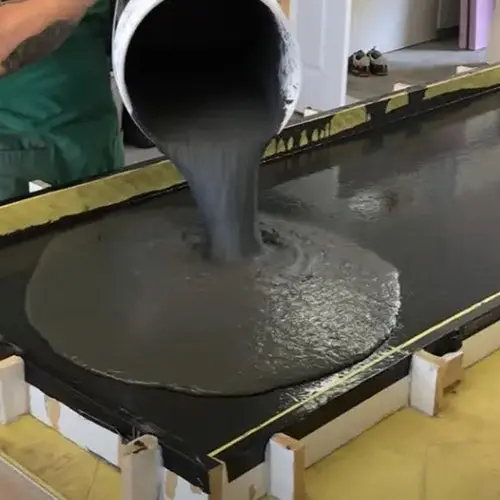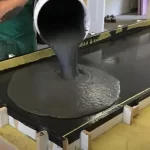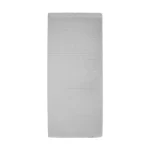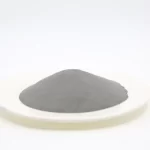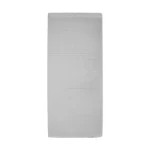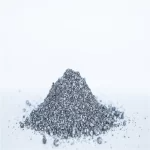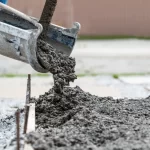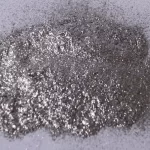
China concrete plasticiser supplier
China concrete plasticiser supplier
Concrete plasticisers, also known as water reducers or superplasticisers, are chemical admixtures that modify the rheological properties of concrete. These additives are primarily used to increase the workability of concrete mixtures without sacrificing strength or durability. By reducing the water content required for a specific consistency, concrete plasticisers improve the flowability of the mixture, allowing for easier placement, compaction, and shaping.
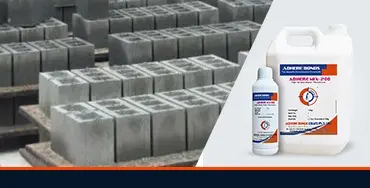
Benefits of Concrete Plasticisers:
Improved Workability: The primary advantage of concrete plasticisers is the significant improvement in workability. These additives enable concrete mixtures to achieve higher levels of flow and cohesiveness, making them easier to handle and manipulate during construction. Improved workability translates to enhanced productivity, reduced labor costs, and increased efficiency on the job site.
Water Reduction: Concrete plasticisers effectively reduce the water content required for a specific consistency of concrete. By minimizing the water-to-cement ratio, these additives increase the strength and durability of the resulting concrete. The reduced water content also contributes to better resistance against shrinkage, cracking, and permeability, leading to long-lasting and structurally sound concrete structures.
Enhanced Strength and Durability: Concrete plasticisers not only improve the workability of concrete but also enhance its overall performance. By optimizing the water content and particle dispersion within the mixture, these additives promote better hydration of cement particles, resulting in increased compressive strength and improved durability of the hardened concrete.
Compatibility with Other Admixtures: Concrete plasticisers are highly compatible with other concrete admixtures, making them versatile and adaptable to various project requirements. Whether used in combination with air-entraining agents, accelerators, retarders, or fibers, concrete plasticisers maintain their effectiveness and ensure consistent performance of the concrete mixture.
Applications of Concrete Plasticisers:
Concrete plasticisers find diverse applications across the construction industry, including:
Ready-Mix Concrete: Concrete plasticisers are extensively used in the production of ready-mix concrete, where consistency, workability, and quality control are crucial. These additives allow for the production of high-performance concrete that meets specific design requirements, such as in precast elements, structural components, and architectural finishes.
Pumped Concrete: Concrete plasticisers are invaluable in the pumping of concrete over long distances or to elevated heights. By improving the flowability and reducing friction within the concrete mixture, these additives enable efficient pumping operations, ensuring the delivery of concrete to challenging locations without compromising its quality or integrity.
Self-Compacting Concrete (SCC): Concrete plasticisers play a vital role in the production of self-compacting concrete, a highly flowable and easily compacted material that requires no external vibration. These additives facilitate the achievement of the desired workability, ensuring that the concrete can flow effortlessly into intricate formwork, densely reinforce structures, and achieve optimal compaction without segregation.
High-Strength Concrete: Concrete plasticisers are commonly employed in the production of high-strength concrete, where achieving the desired strength while maintaining workability is crucial. These additives allow for the reduction of water content without compromising the flowability of the mixture, resulting in high-performance concrete with superior strength and durability.

